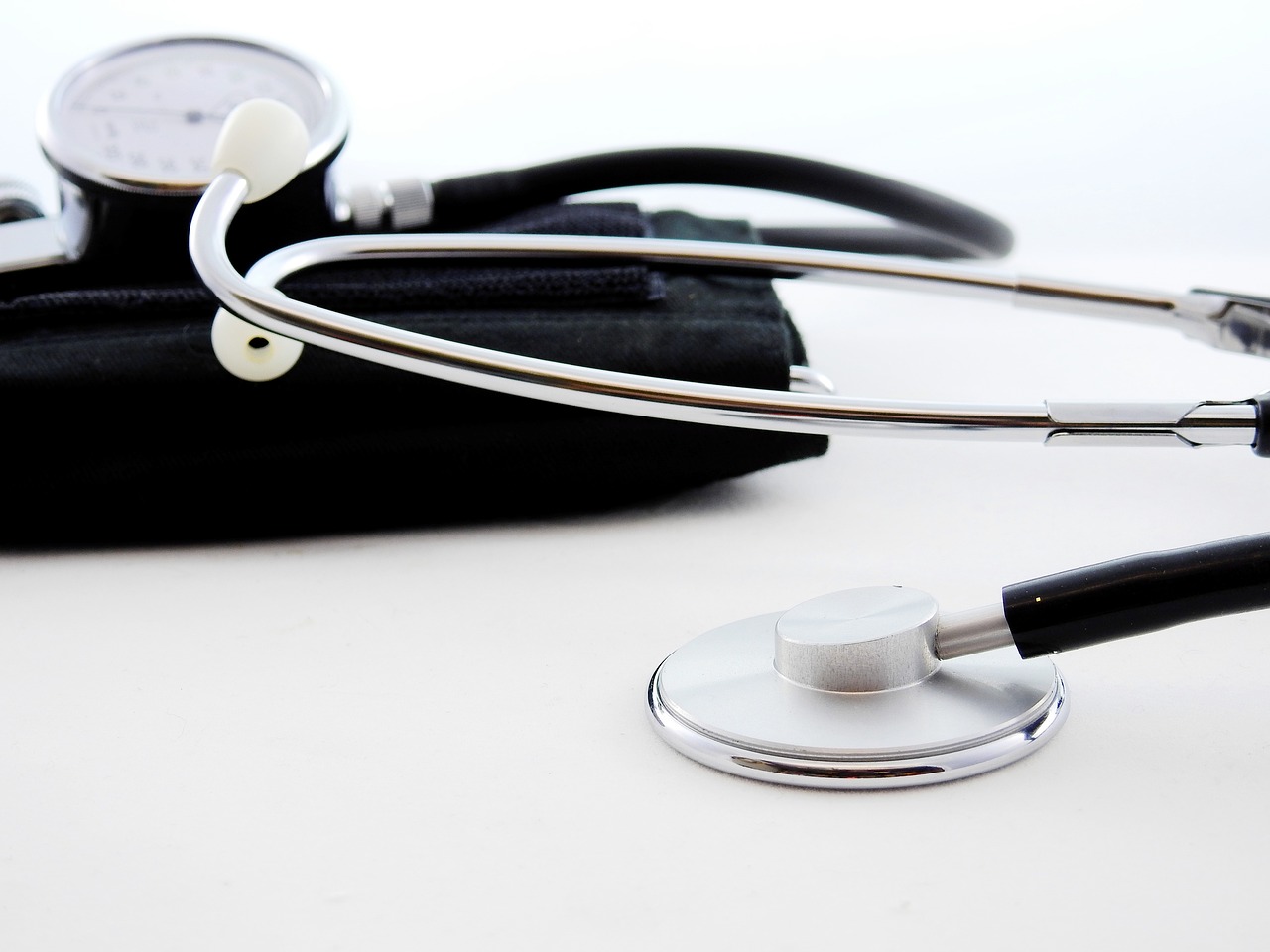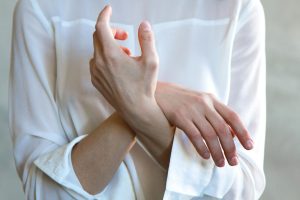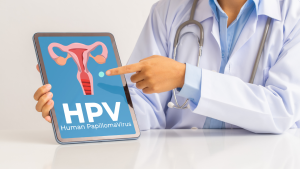Endometriosis is a condition where tissue similar to the lining inside the uterus grows outside the uterus. This tissue causes pain and other problems. Endometriosis affects many women, but with the right care, symptoms can be managed.
Symptoms and Treatment of Endometriosis
Symptoms are signs that something is wrong in the body. For endometriosis, symptoms can vary but often include:
- Pain: This can be in the lower belly or back, especially during periods.
- Heavy Periods: Some women with endometriosis have very heavy menstrual bleeding.
- Pain During Sex: Painful intercourse is a common symptom.
- Pain with Bowel Movements or Urination: This usually happens during menstrual periods.
- Infertility: Sometimes, endometriosis can make it hard to get pregnant.
These symptoms can be very mild or very severe. If you have any of these symptoms, it is important to talk to a doctor. They can help figure out if you have endometriosis.
Symptoms and Treatment of Endometriosis
Treatments for endometriosis aim to relieve pain and improve quality of life. Here are some treatment options:
- Medications: These can help manage pain and other symptoms. Here are five popular medications:
- Ibuprofen: A common over-the-counter pain reliever.
- Naproxen: Another over-the-counter medication for pain and inflammation.
- Birth Control Pills: These can help control the hormones that cause endometriosis pain.
- Gonadotropin-Releasing Hormone (GnRH) Agonists: These medications lower estrogen levels, which can reduce or eliminate pain.
- Progestin Therapy: This can help stop menstruation and reduce symptoms.
- Surgery: In severe cases, doctors may suggest surgery to remove as much endometriosis tissue as possible. Surgery can help relieve pain and improve fertility.
- Lifestyle Changes: Sometimes, making changes in your daily life can help manage symptoms. Eating a healthy diet, getting regular exercise, and finding ways to reduce stress can all help.
It’s important to work with your doctor to find the best treatment plan for you. Each person’s experience with endometriosis is different, so what works for one person might not work for another.
There are also support groups and resources that can help you cope with the emotional and physical challenges of endometriosis. Connecting with others who understand what you’re going through can be very helpful.
Living with endometriosis can be tough, but you are not alone. With the right treatment and support, you can manage your symptoms and lead a full, healthy life.
Endometriosis affects many women worldwide. Early diagnosis and treatment are key to managing this condition. If you suspect you have endometriosis, don’t hesitate to seek medical advice. The right care can make a big difference.
FAQs
- What are the main symptoms of endometriosis? The main symptoms include pain in the lower belly or back, heavy periods, pain during sex, pain with bowel movements or urination, and infertility.
- How is endometriosis diagnosed? Endometriosis is often diagnosed through a combination of medical history, physical exams, and imaging tests like ultrasounds. In some cases, a laparoscopy, a minor surgical procedure, is used.
- What treatments are available for endometriosis? Treatments are available for endometriosis. Medications like ibuprofen and birth control pills can help. Surgery to remove tissue is another option. Lifestyle changes can also manage symptoms.



